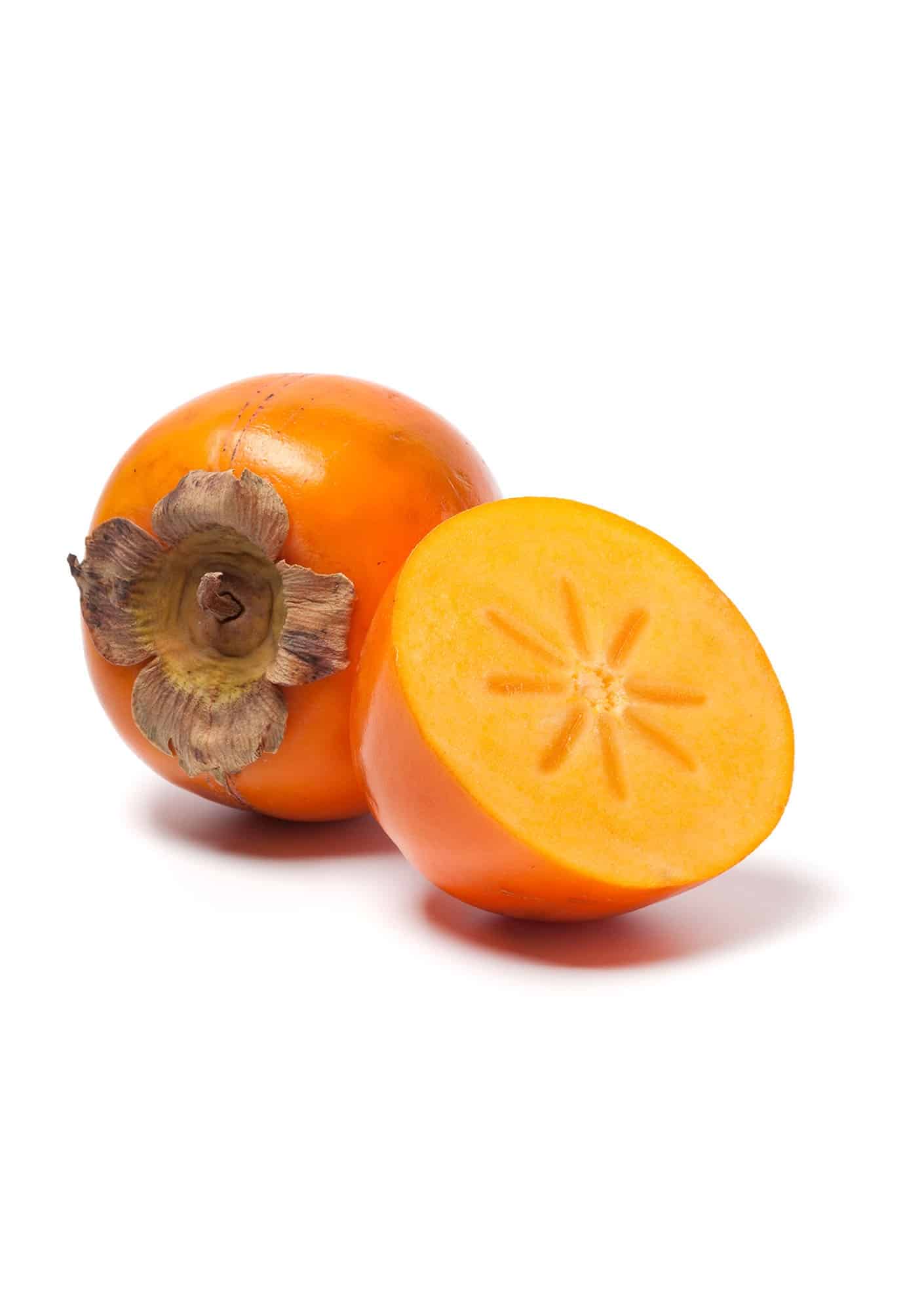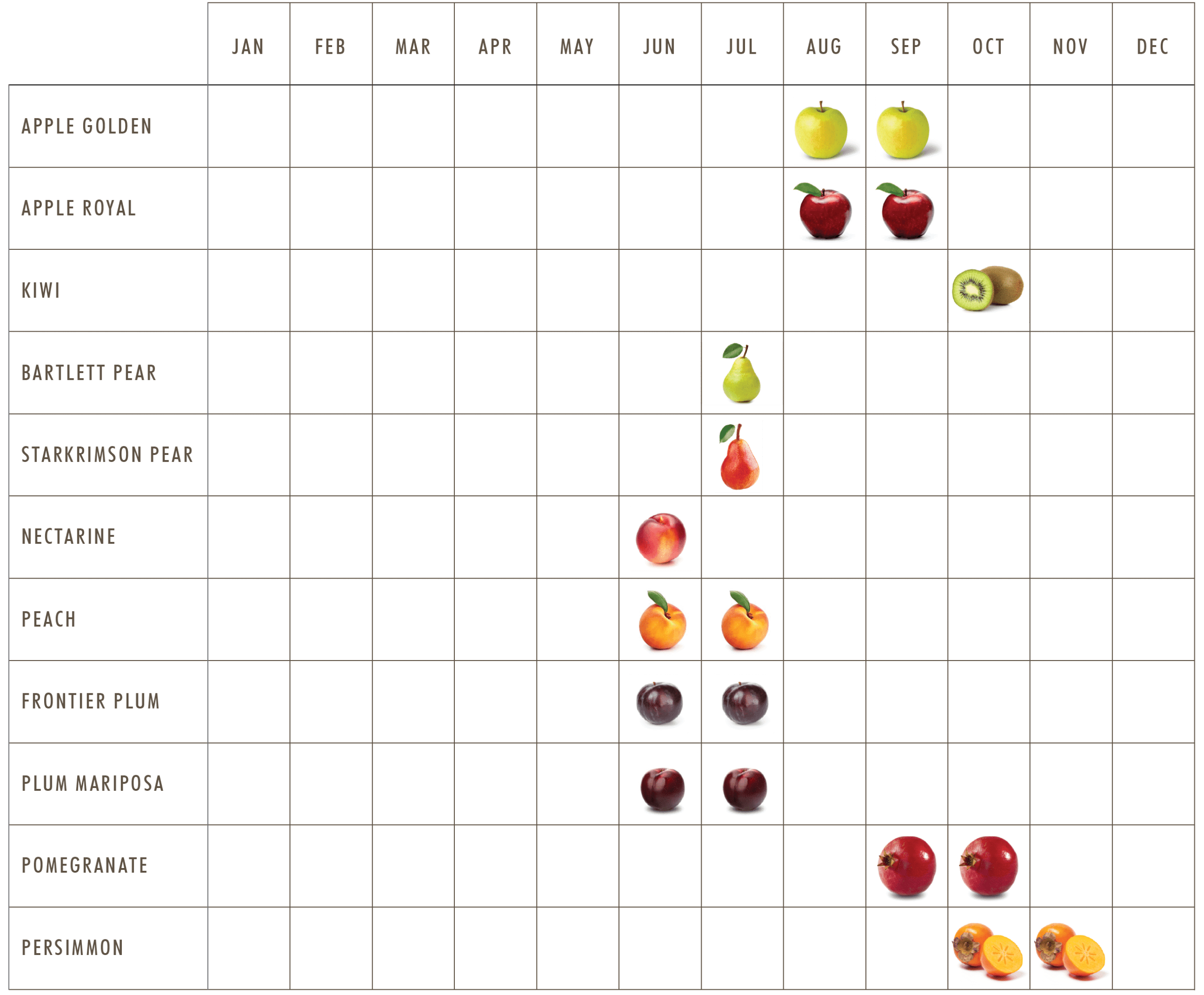
₹1,400
Also known as the “Apple of the Orient”, persimmon is technically not a fruit, but a large, round succulent berry with a thin and smooth peel. They are smooth, brightly coloured, plump and glossy. The pulp inside is soft and creamy and has a sweet honey-like flavor.
Box Size – 4.5 kg approx (18-25 pcs)
Estimated Delivery: 30th October – 5th November
Exterior: Bright orange glossy skin distinguished by their flat bottoms and squat shape.
Interior: Bright orange flesh which can be eaten at any stage of ripeness, whether firm or soft.
Experience: Firm, crispy and delicately sweet when not fully ripe and darker, jelly-like and amazingly sweet when fully ripe.

Persimmon ripens by mid-October and lasts till mid-November

Exterior: Bright orange glossy skin distinguished by their flat bottoms and squat shape.
Interior: Bright orange flesh which can be eaten at any stage of ripeness, whether firm or soft.
Experience: Firm, crispy and delicately sweet when not fully ripe and darker, jelly-like and amazingly sweet when fully ripe.

Persimmon ripens by mid-October and lasts till mid-November

Copyright © 2024 Aramgarh Orchards. All Rights Reserved. Design by The Leaf Bowl